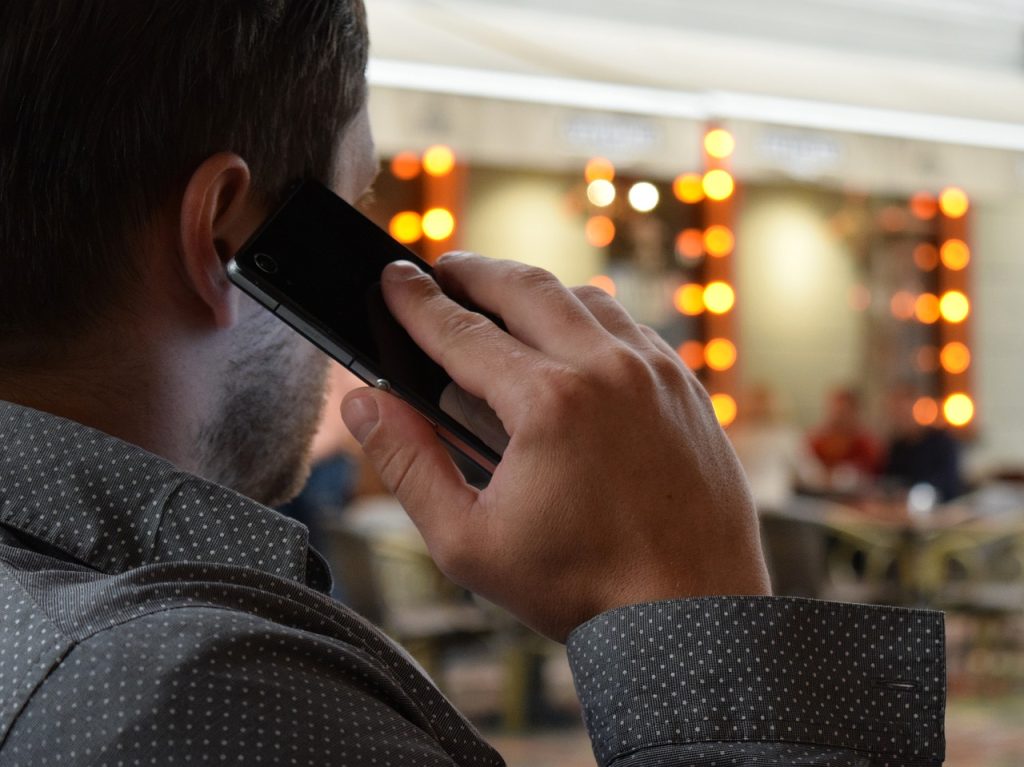
Frequently Asked Questions about Cell Phones and Your Health
Most of us depend on cell phones every day. Some people wonder if cell phones can cause health problems. Here’s what you should know about cell phones and your health.
CDC updated their published information about the affect of cell phone in June 2014 as part of efforts to ensure that health information for the public followed best practices, including the use of plain, easy-to-understand, language. During this process, revisions were introduced which inadvertently led some visitors to the web page to believe that a change in position had occurred. The corrected FAQs are now available on this page.
Can using a cell phone cause cancer?

CDC posted recently that there is no scientific evidence that provides a definite answer to that question. Some organizations recommend caution in cell phone use. More research is needed before we know if using cell phones causes health effects.
Do cell phones give off (emit) radiation?
Yes – cell phones and cordless phones use radio frequency radiation (RF) to send signals. RF is different from other types of radiation (like x-rays) that we know can be harmful. We don’t know for sure if RF radiation from cell phones can cause health problems years later. The International Agency for Research on Cancer (IARC) has classified RF radiation as a “possible human carcinogen.” (A carcinogen is an agent that causes cancer.)
What is RF?
RF stands for “radio frequency” energy or radiation. Electromagnetic radiation consists of waves of electric and magnetic energy moving together (radiating) through space. Radio waves and microwaves released by transmitting antennas are one form of electromagnetic energy. Often the terms “electromagnetic field” or “radio frequency field” are used to indicate the presence of electromagnetic or RF energy.
What is non ionizing radiation?
RF fields are non ionizing radiation. Non ionizing radiation has lower energy and longer wavelength than ionizing radiation. It is not strong enough to change the structure of atoms it contacts but may be strong enough to heat tissue. Examples include radio waves, microwaves, visible light, and infrared.
RF radiation is not the same as ionizing radiation, such as x-rays or gamma rays. Ionizing radiation potentially can result in chemical changes in the body. Because RF fields have lower energy they cannot cause ionization.
Should people stop using cell phones?
At this time we do not have the science to link health problems to cell phone use. Scientific studies are underway to determine whether cell phone use may cause health effects. It is also important to consider the benefits of cell phones. Their use can be valuable in an urgent or emergency situation – and even save lives.
If you are worried about cell phone use, follow the tips below:
To reduce radio frequency radiation near your body:
- Get a hands-free headset that connects directly to your phone.
- Use speaker-phone more often.
- In the past, RF interfered with the operation of some pacemakers. If you have a pacemaker and are concerned about how your cell phone use may affect it, contact your health care provider.
What research is being done to learn more about cell phones and health?
Scientists are continuing to study the possible health effects of cell phone use. For example, the World Health Organization (WHO) is currently looking into how cell phones may affect:
- Some types of tumors (a lump or growth)
- Our eyes
- Sleep
- Memory
- Headaches
For more information, visit:
Source: https://www.cdc.gov/ 27 Jan. 2022






Responses